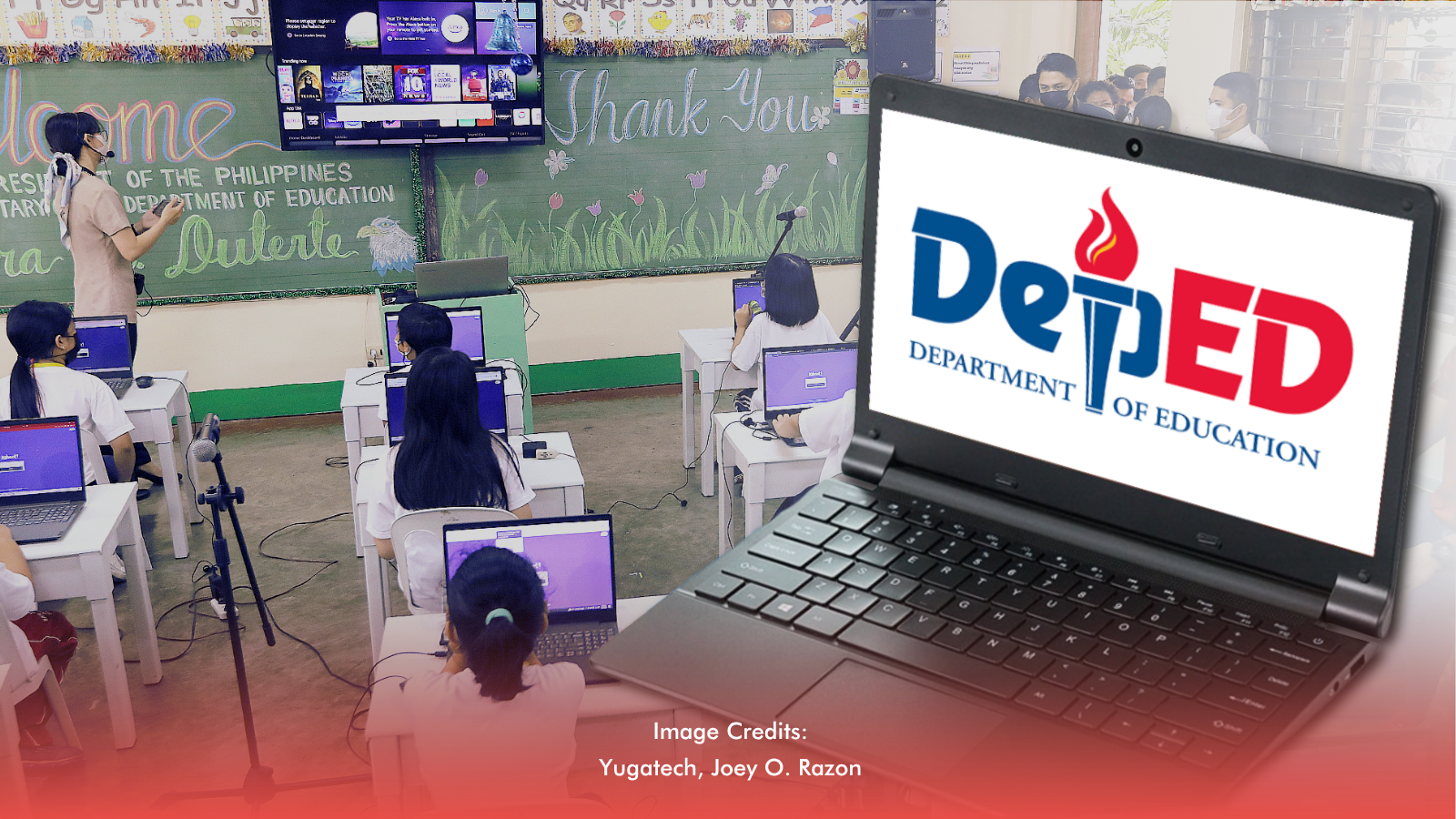The Department of Education (DepEd) is fast-tracking the deployment of laptops and smart TVs to public schools ahead of School Year 2025–2026, leveraging early procurement under its 2025 Computerization Program. As of late June, the agency has secured 33,439 laptops and 25,949 smart TVs, ensuring that essential digital equipment reaches classrooms before the start of classes in July.
Education Secretary Sonny Angara emphasized that early action was necessary to avoid the delays experienced in past rollouts, which left many schools with either outdated or underutilized devices. Through Early Procurement Activities, nearly 80 percent of the program’s budget has already been awarded, enabling faster delivery and preparation on the ground.
Strategic Early Procurement
DepEd initiated procurement in November 2024, months ahead of the national budget's final approval. This allowed suppliers to begin manufacturing and logistics ahead of schedule.
“The implementation of early procurement under the current leadership ensures that public school teachers no longer have to wait mid-year to receive their tools for teaching, ushering in a new era of readiness, performance, and learner-centered delivery across the Philippine education system,” the DepEd said.
The move also introduced tighter screening processes to prevent the overpricing and irregularities that plagued previous digital learning initiatives.
Computerization Program in Action
The laptops are primarily allocated to public school teachers to support lesson planning, digital grading, and blended instruction. Smart TVs are being installed in classrooms as replacements for outdated teaching tools, enhancing visual learning through multimedia content and digital modules.
“Before, the laptops would arrive so late that by the time they reached schools, some were no longer in full working condition,” DepEd Zambales Superintendent William Roderick Fallorin said as he praised the promptness of the initiative.
As of June, over 9,000 laptops have been delivered to teaching personnel and more than 3,000 to non-teaching staff. Meanwhile, more than 6,600 smart TV packages have already reached various schools. Each unit includes external storage and is designed to meet the needs of both urban and rural learners.
Benefits and Broader Implications
With devices arriving weeks before classes resume, schools are given ample time to test, configure, and integrate them into classroom setups. This helps teachers become familiar with the tools and ensures a smoother transition to digital instruction from day one.
Beyond logistics, the accelerated rollout represents a broader shift toward transparent, efficient governance. By acting ahead of time and strengthening vendor accountability, DepEd aims to maximize the value of public funds and improve learning outcomes. The initiative also narrows the digital divide by prioritizing equitable access to modern teaching tools, particularly in underserved areas.
As distribution continues, the program sets the stage for a more tech-enabled academic year and positions DepEd as a model for forward-looking public service.








